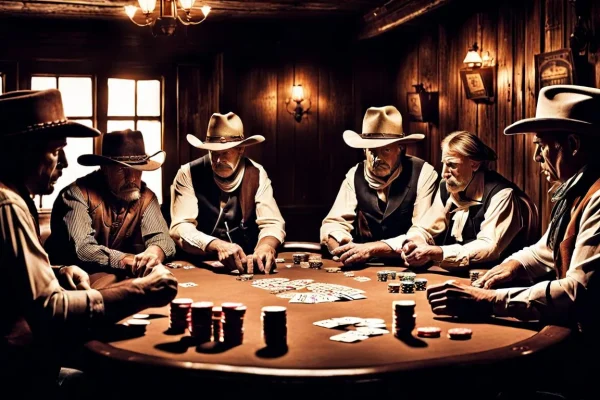Ever notice how some baccarat players blow on their cards before turning them over? Or how others refuse to sit at certain seats at the table? Well, you’re not imagining things. Baccarat is steeped in superstitions—some centuries old, others freshly minted in modern casinos. And honestly? Whether you believe in them or not, these rituals shape how the game is played.
The Psychology Behind Baccarat Superstitions
Let’s face it: baccarat is a game of chance. No skill can change the outcome of a hand. But humans? We crave control. That’s where superstitions come in—little rituals that make players feel like they’re nudging fate in their favor. It’s like knocking on wood or avoiding black cats. You know it’s irrational, but it feels right.
Why Do We Cling to Rituals?
Studies show that rituals reduce anxiety and boost confidence—even in games of pure luck. In baccarat, where the house edge is slim but inevitable, players latch onto anything that gives them a sense of agency. Here’s the deal: if blowing on your cards helps you stay calm, it might just keep you from making reckless bets. And that’s a win, superstition or not.
Common Baccarat Superstitions (and Where They Come From)
Some baccarat rituals are universal; others are hyper-local. Here’s a rundown of the most persistent ones:
- Blowing on Cards: Rooted in Chinese culture, where the number “8” (associated with prosperity) sounds like “fa,” meaning “to blow.” Players believe exhaling on cards invites good fortune.
- Avoiding the Number 4: In Mandarin, “4” sounds like “death.” Asian players often avoid bets or seat numbers containing it.
- Shoe Switching: Some insist the game changes when a new shoe is introduced—even though the odds don’t.
- Lucky Charms: From red envelopes to jade bracelets, players bring talismans to shift the “energy” at the table.
The “Banker Bias” Myth
Here’s a quirky one: many players swear the Banker bet is “luckier” than the Player bet. Statistically, Banker does win slightly more often (thanks to its 1.06% house edge vs. Player’s 1.24%). But that’s math—not magic. Yet, you’ll see players ride the Banker streak like it’s a divine mandate.
How Casinos Feed Into Superstitions
Casinos aren’t dumb. They know rituals keep players engaged. That’s why you’ll see:
- Ritual-Friendly Tables: High-limit baccarat often allows card squeezing (slow reveals) to build tension.
- Scoreboards: Displaying past results fuels the “pattern-seeking” fallacy—even though each hand is independent.
- Feng Shui Designs: Some casinos arrange tables to align with “lucky” directions, appealing to Asian high rollers.
It’s all part of the theater. And hey, if it makes the game more fun, why not?
When Superstitions Cross the Line
Most rituals are harmless. But some players take it too far—like refusing to let “unlucky” dealers touch the cards or demanding new decks mid-game. Casinos tolerate mild quirks, but they’ll shut down anything that slows play or disrupts others.
The Dark Side: Gambler’s Fallacy
Ever heard someone say, “The Player bet is due to win after five Bankers in a row”? That’s the gambler’s fallacy—the mistaken belief that past outcomes affect future ones. Baccarat’s 50/50-ish odds make it ripe for this trap. Smart players? They ignore the noise and stick to strategy.
Final Thoughts: Luck as a Mind Game
Superstitions won’t change your cards. But they might change how you feel about them. And in a game where nerves can wreck your judgment, that’s not nothing. So go ahead—knock on the table, wear your lucky socks, or blow on those cards. Just remember: the real magic is knowing when to walk away.













